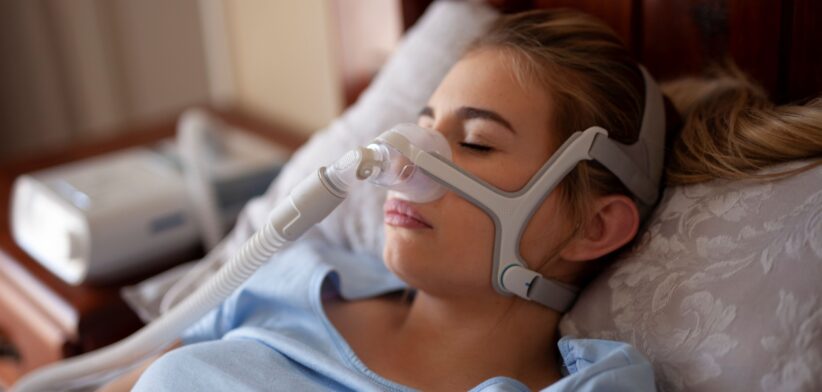The annual economic impact of sleep-related health issues in Australia is growing, soaring past $75 billion.
A new report, led by Flinders University, revealed that despite growing evidence of the widespread impact of poor sleep, the issue continued to be overlooked in national health policy.
Lead author Hannah Scott said up to 40 percent of Australians had insufficient sleep, with 10 percent living with chronic insomnia, and around 15 percent potentially affected by obstructive sleep apnoea.
“We spend a third of our lives sleeping, yet sleep remains largely absent from Australia’s health priorities,” Dr Scott said.
“Sleep should be treated with the same level of urgency and attention as nutrition and physical activity.”
She said the costs of poor sleep were not just personal, with sleep-related health issues costing the Australian economy an estimated $75.5 billion in 2019–20, up from $66.3 billion three years earlier.
“The figure will continue to rise without decisive national intervention.”
Dr Scott said beyond the dollars, the human toll was significant.
“Poor sleep is linked to a higher risk of chronic illness, mental health disorders, workplace accidents, and reduced quality of life.”
She said to address the crisis, the report outlined four priority actions:
- Declare sleep a national health priority: Introduce a 10-year National Sleep Health Strategy that formally recognises sleep as a critical pillar of chronic disease prevention and health equity.
- Launch a national sleep awareness campaign: Modelled after campaigns like “10,000 Steps,” a wide-reaching initiative would promote sleep hygiene, reduce stigma around sleep disorders, and deliver culturally tailored education for high-risk groups.
- Improve training for health professionals: Despite sleep being essential to health, medical education in Australia allocates an average of just six hours to the topic. The report calls for accredited sleep health training across all healthcare disciplines to improve diagnosis and care.
- Increase investment in sleep research: While some progress has been made, critical gaps remain — particularly in understanding sleep disorders in underserved populations, children, and young adults. Sustainable research funding is essential to closing these knowledge gaps.
Read the full report: Waking up to Australia’s Sleep Health: A Consensus Statement from the Network of Early Career Sleep Researchers in Training (NEST) Council of the Australasian Sleep Association.








